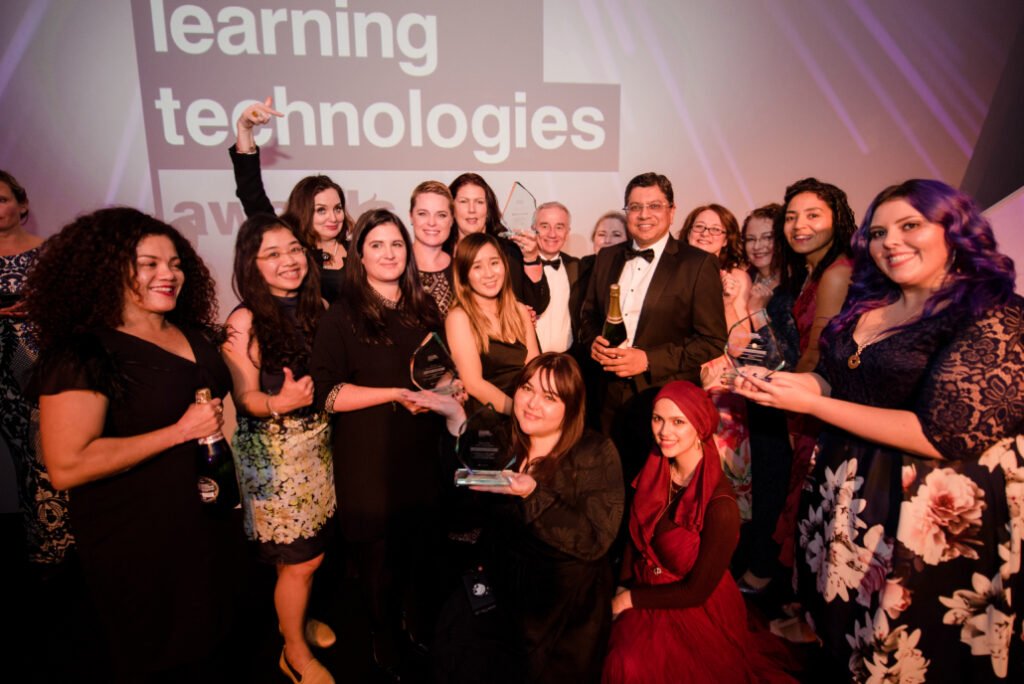Celebrating and learning from wins and losses is an essential part of personal and professional growth.
It’s a concept that we often hear about, but how do we effectively put it into practice? In this article, we’ll explore the importance of both celebrating our victories and learning from our setbacks and how these practices can lead to greater success and fulfillment in our endeavors.
Celebrating Wins
Recognizing achievements
When we achieve a goal, it’s crucial to take a moment to recognize our hard work and dedication. This recognition serves as a powerful motivator for future tasks and challenges. I like to take a step back and reflect on what this win means to me and my team. It’s not just about the outcome, but also about the journey that got us there. By acknowledging our achievements, we validate the effort put in and set a precedent for continued success.
Reflecting on success
Reflection is a key component of celebrating wins. It allows us to understand what worked well and why. I often ask myself a series of questions: What strategies led to this success? How did our team dynamics contribute? What did I learn about my own capabilities? Reflecting on these questions helps solidify the positive experiences and ensures that we can replicate successful actions in the future.
Sharing and celebrating with others
Sharing our successes with others can amplify the joy of our achievements. Celebrating with colleagues, friends, or family not only spreads happiness but also builds stronger relationships.
We often organize team lunches or outings to celebrate major milestones. These shared experiences not only create lasting memories but also foster a culture of appreciation and support within the team.
Learning from Losses
Understanding the reasons for the loss
Losses can be tough, but they are inevitable and often out of our control. The first step in learning from them is to understand why they happened. This involves an honest and sometimes difficult assessment of the situation. We look at external factors that may have influenced the outcome, but more importantly, we focus on our own actions and decisions that could have been better. This understanding lays the groundwork for improvement.
Identifying areas for improvement
Once we’ve understood the reasons behind a loss, it’s time to identify specific areas where we can improve. This might involve enhancing our skills, tweaking our strategies, or improving our communication. For example, if a project didn’t meet its objectives, we might find that our planning phase was rushed or that we didn’t allocate resources effectively. Pinpointing these areas helps us to make concrete changes.
Turning losses into opportunities for growth
Every loss holds a lesson. We strive to turn our setbacks into opportunities for growth by adopting a proactive approach. This means not just fixing what went wrong, but also looking for ways to excel beyond our previous capabilities. We might decide to invest in training, seek mentorship, or revise our goals to be more aligned with our newfound insights.
Applying Lessons to Future Endeavors
Implementing changes based on learnings
Learning from both wins and losses is only beneficial if we actively implement changes based on our insights. This might mean adjusting our processes, adopting new technologies, or redefining team roles. For instance, after a successful product launch, we might standardize the marketing tactics that worked well for future releases. Conversely, after a setback, we might overhaul our project management tools to ensure better oversight.
Setting new goals and strategies
With each win and loss, our goals and strategies should evolve. We set new objectives that build on our successes and address our shortcomings. This might look like aiming for a higher sales target or setting a goal to reduce customer churn. By continuously setting new benchmarks, we ensure that our growth never stagnates.
Embracing a growth mindset
Ultimately, celebrating and learning from wins and losses is about embracing a growth mindset. This mindset allows us to view challenges as opportunities and to persist in the face of setbacks. We understand that our abilities and intelligence can be developed through dedication and hard work. It’s this belief that keeps us moving forward, eager to apply the lessons we’ve learned to our future endeavors.
In conclusion, celebrating and learning from wins and losses is a dynamic process that requires reflection, understanding, and a willingness to adapt. By recognizing our achievements and understanding our failures, we set the stage for continuous improvement and lasting success. Whether we’re celebrating a win or dissecting a loss, the ultimate goal is to keep growing, keep learning, and keep moving forward.null
FAQ
- What does it mean to celebrate your wins?
Celebrating your accomplishments means celebrating yourself. It’s easy to celebrate those around you and fail to acknowledge your own wins. Whether it’s dinner with friends, buying something you’ve been eyeing, or taking a day to pamper yourself, take that time to enjoy how far you’ve come. - How does celebrating both small wins and big wins affect you in reaching the goal you want?
Motivation Boost: Recognizing and celebrating your progress boosts your motivation to keep going, even when the road ahead seems challenging. Positive Reinforcement: Celebrating small victories reinforces positive behaviors and habits, making it more likely that you’ll continue to achieve great things.








